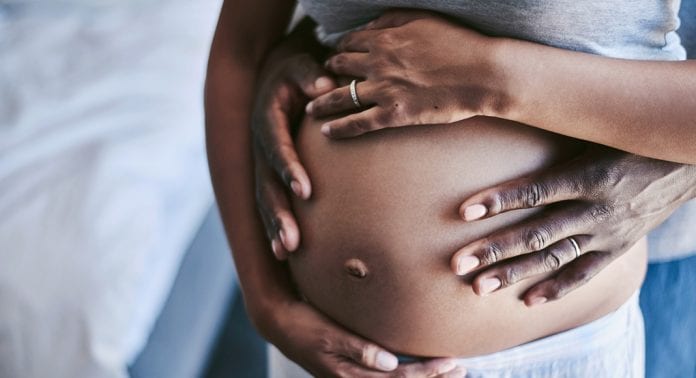
New data has shown that pregnant women are being excluded from three quarters of COVID-19 treatment trials despite being one of the most in-need groups for safe therapies.
According to authors of an opinion piece based on a review of international trial registry data, published in The Lancet Global Health, three-quarters of COVID-19 trials reviewed specifically excluded expectant mothers, despite investigating medications and vitamins that already have a relatively favourable safety profile during pregnancy, or that are already used in pregnant women.
The authors raise concerns that their exclusion will result in lost opportunities to ensure the effectiveness and safety of treatments in pregnant women, and that there is a public obligation to include them in trials.
Clinical trials and expectant mothers
Currently, while available evidence is limited, pregnant women with COVID-19 seem more likely to need intensive care and mechanical ventilation than non-pregnant women.
Dr Melanie Taylor from WHO in Switzerland and the US Centers for Disease Control and Prevention, said: “Without explicit and proactive efforts to recruit and retain pregnant women in therapeutic trials for COVID-19, expectant mothers will suffer from having fewer medical options available to them, because we are not including them in clinical trials. There is a very real possibility that treatment could become approved for treatment of COVID-19 without evidence-based guidance for use in pregnant women.”
Dr Loulou Kobeissi from WHO and HRP in Switzerland added: “The systematic exclusion of pregnant women cannot be justified on the basis of safety as many of the medications being evaluated are either not harmful in pregnancy, or their risks are minimal. We are concerned that the resulting evidence gaps and delays will limit our understanding of the effects of treatment, dosing, and side effects in this important population, which can be vastly different from other groups due to the physiological changes that come with pregnancy.”
According to the authors, those carrying out the clinical trials give no explanation as to why pregnant women are being excluded – with the authors believing that the exclusion of this set of people is likely happening due to perceived risks around use in expectant mothers and medication exposure to foetuses or neonates, despite guidance issued in 2016 by the Council of International Organizations of Medical Sciences (CIOMS) that says that expectant mothers should not be considered vulnerable in clinical research, and provided detailed guidance on how to safely include pregnant and breastfeeding women in clinical trials.
According to Dr Kobeissi, “With the emergence of the COVID-19 crisis and future epidemics to come, we have a public health obligation to promote inclusion of pregnant women’s interests in research and reduce their vulnerability. Pregnant women should be provided with clear messaging in lay language on the potential benefits and risks of exposure to candidate medications for treatment through their participation in clinical research and should have facilitated access to obtain the needed health information, so that they can make an informed decision as soon as they perceive the need to.”








